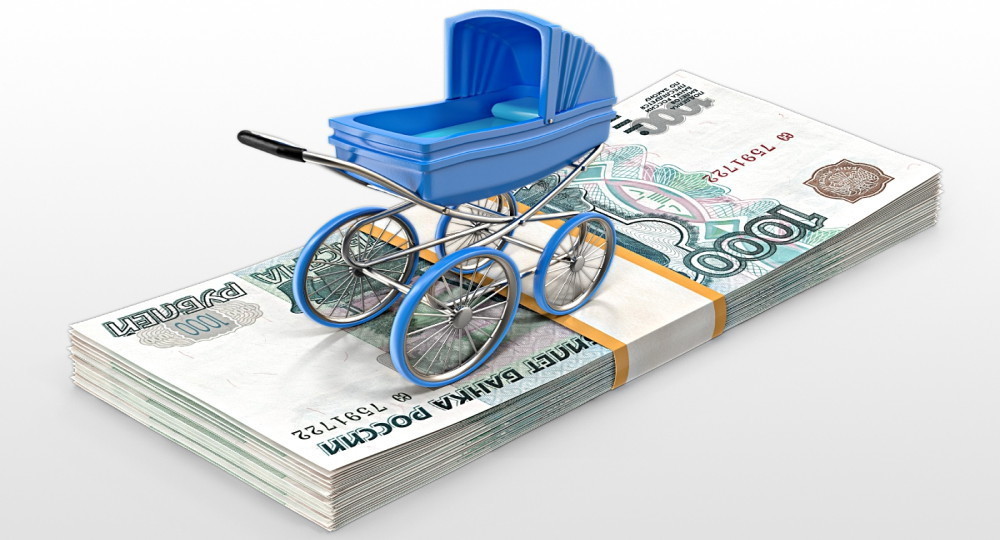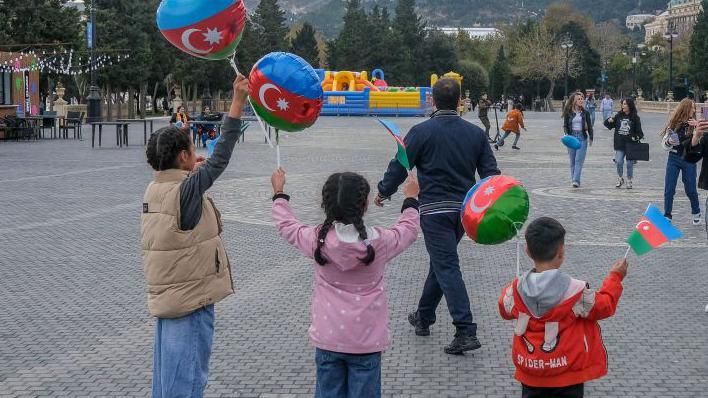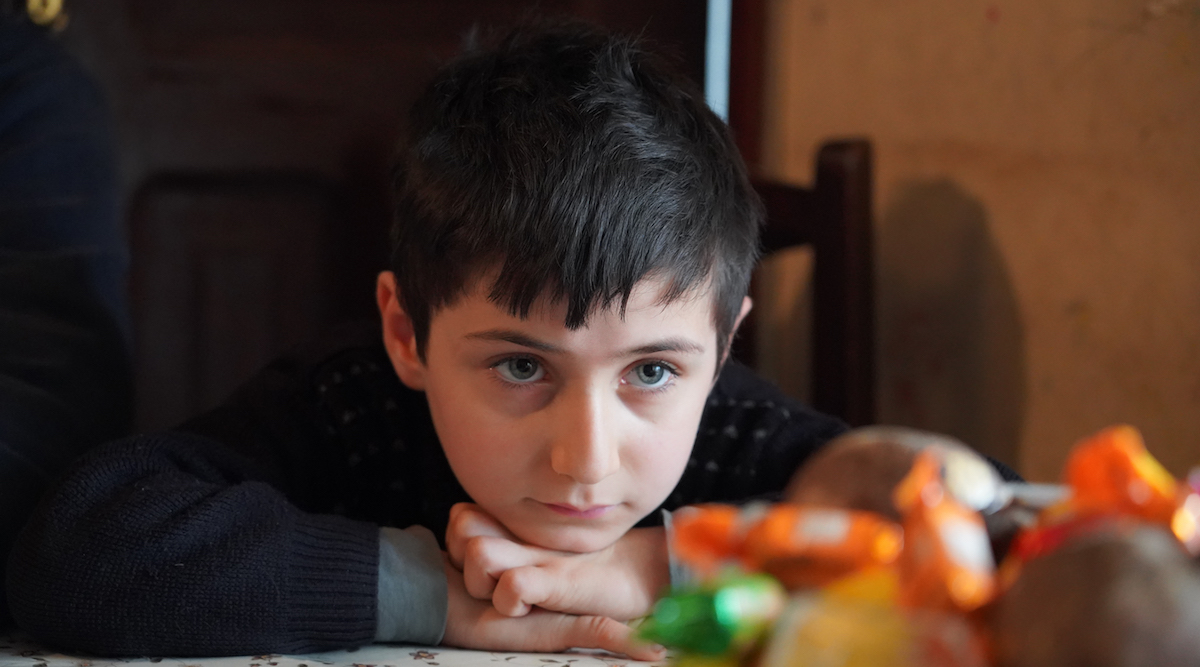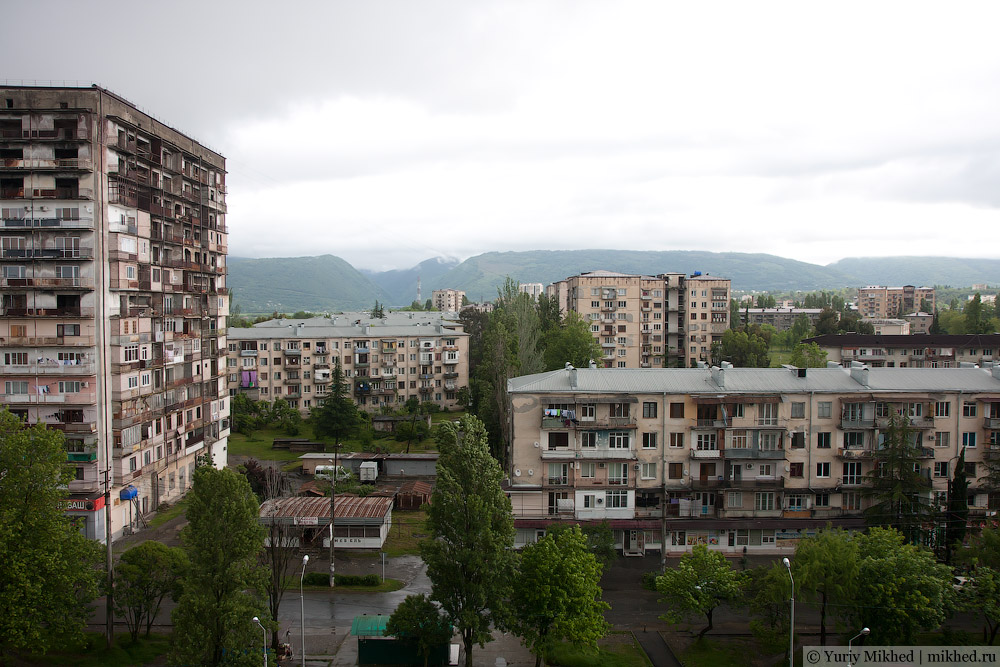“Why don’t we have the right?” Who receives child benefits in Abkhazia — and what risks they face
42-year-old Alisa lives in Abkhazia. She has five children and receives Russian child benefits for three of them.
Alisa is a homemaker, and her husband works for hire. In order for the family to qualify as low-income and be eligible for benefits, Alisa — who holds dual Russian-Abkhaz citizenship — registered as “self-employed” through Russia’s public services portal.
“I declare my monthly income and pay tax on it. The self-employment certificate and a tax office statement allowed me to receive the unified child benefit,” Alisa explains.
The benefit amounts to around 15,000 roubles [$190] per child — meaning she receives about 45,000 roubles [$580] per month in total.
Alisa also obtained maternity capital with the help of a Russian official who handles the process for a fee:
“They say the money is just for arranging [Russian] registration. I do this once every three years. So far, there haven’t been any issues. I pay 7,000 roubles per person — for each child and for myself — plus I give up the first month’s child benefit as payment for the paperwork. This woman helped me obtain the maternity capital. I also received a plot of land for my third child.”
After selling the plot and cashing out the maternity capital, Alisa invested the money into buying a room in a dormitory in St Petersburg. She took out a mortgage and now pays it off using her child benefits.
“I want my children to study in Russia — maybe some of them will stay there for a while. For that, you need property, otherwise it’s just too expensive. That’s why I came up with this whole scheme,” she explains.
But now Alisa is afraid to cross the Russian border, as she is alarmed by news reports about people being detained for unlawfully receiving child benefits.
For example, Elena Prostitutova, a mother of four, was detained by FSB officers in late April and charged under an article that carries a sentence of up to 10 years in prison.
The issue is that, under Russian law, social benefits are only available to those who reside in Russia for more than 180 days a year. Women from Abkhazia who have applied for benefits — even though they are Russian citizens and even hold permanent registration in Russia — are not eligible for this support.
According to information shared by pro-Russian anonymous Telegram channels, the Prosecutor’s Office of Russia’s Krasnodar Region has instructed local prosecutors to investigate the actual use of maternity capital and other child benefits.
The investigation revealed that 52 women were involved in the fraudulent scheme, the vast majority of whom are residents of Abkhazia. Criminal cases have been opened against them under charges of “fraud in the receipt of state benefits.”
It is likely, however, that the number of women who have claimed benefits in this way is significantly higher.
Alisa says she understood the scheme wasn’t entirely above board, but she didn’t think it was criminal.
“I didn’t forge any documents — everything I have is legal. Even if I’m not truly self-employed, I still pay taxes. I had every right to sell that plot of land. I haven’t stolen from anyone, and the money I get for my children is also spent in Russia. It doesn’t leave the country. I’m a responsible taxpayer and a legitimate participant in the economy — just like all the other women receiving benefits. Why don’t we have the right to this?” Alisa asks.
A hotline has been set up for Abkhazian citizens who have received child benefits or maternity capital in Russia. But Alisa is in no hurry to call.
“Maybe I’m not on any of the lists they’re using to scare us. And if I call, I might end up on one. I’d rather wait and see how the situation unfolds. I feel like they’ll forgive us in the end. Let them jail the real fraudsters in the pension and passport offices — not mothers of many children,” she says.
A meeting of a special commission on the issue of women who have received Russian benefits is expected soon. The matter is being handled by the Abkhazian Ministry of Social Welfare in coordination with Russian counterparts.
Toponyms, terminology, views and opinions expressed by the author are theirs alone and do not necessarily reflect the views and opinions of JAMnews or any employees thereof. JAMnews reserves the right to delete comments it considers to be offensive, inflammatory, threatening or otherwise unacceptable.






















